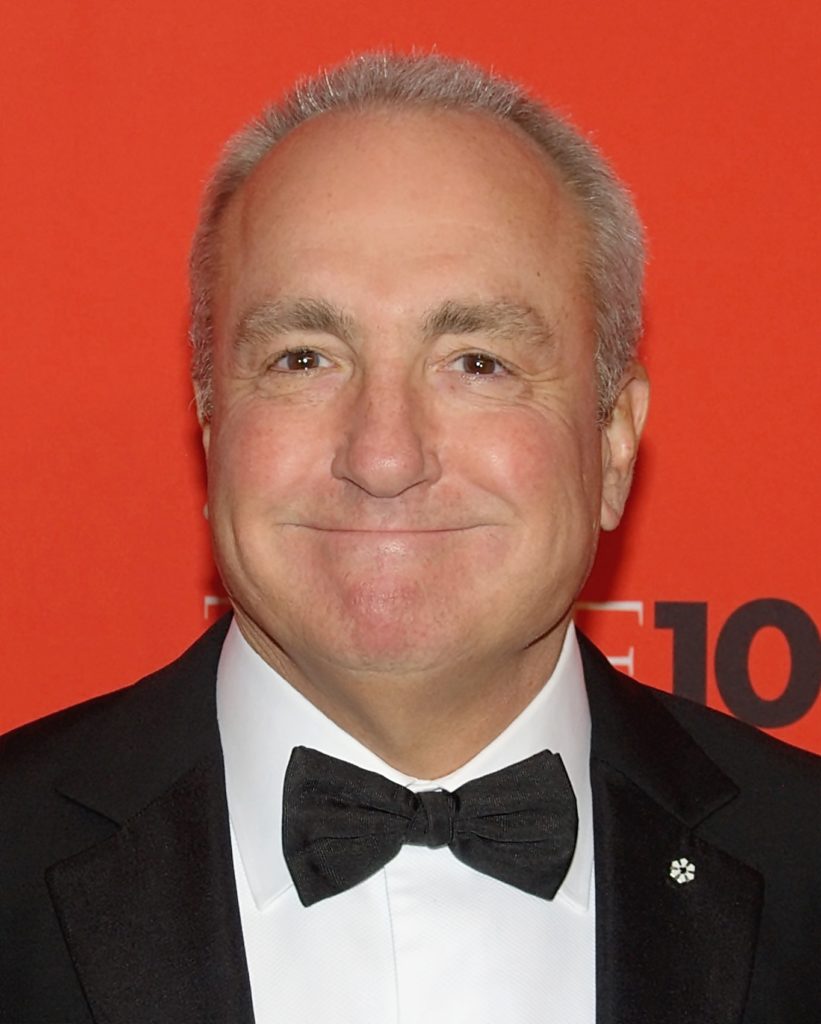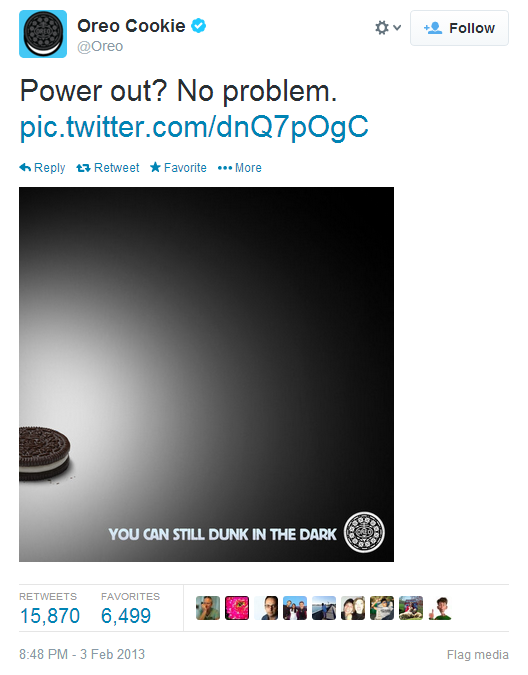 We live in a constant zone of blaring, seemingly non-stop BREAKING NEWS where big stories and events come at us at an ever increasing high-speed pace. Way back in 2015, it seemingly wasn’t this way. Every few days, something would happen that would stop the wheels and force people to take notice. And then things would quiet down again and return to something known as “normal.”
We live in a constant zone of blaring, seemingly non-stop BREAKING NEWS where big stories and events come at us at an ever increasing high-speed pace. Way back in 2015, it seemingly wasn’t this way. Every few days, something would happen that would stop the wheels and force people to take notice. And then things would quiet down again and return to something known as “normal.”
Today, it’s like a firehose of news – serious stuff, showbiz dirt, sports – all coming at us with great velocity. You can thank the Trump campaign and now his presidency for part of that, but the sheer number of media outlets and their ability to cover all these stories is part of that change that is all around us. Everywhere you go, it’s what people are talking about.
There’s a reason why news ratings – commercial and public radio, as well as cable news channels – are up and continue to knock down impressive numbers. Our insatiable need to be informed, entertained, and up-to-date knows no bounds And we have the gadgetry – our phones, watches, tablets, TVs, and “Alexa’s” – to conveniently make it all happen.
So in the middle of this maelstrom of current events of all stripes, where does radio fit it?
A favorite quote from “Saturday Night Live” founder and producer, Lorne Michaels, tells  you all you need to know about why that show is still much-talked-about more than 40 years after it debuted:
you all you need to know about why that show is still much-talked-about more than 40 years after it debuted:
“If you’re not about what people are thinking about that week, then I don’t think you have any relevance.”
That’s all well and good for a show that airs every seven days. For those of you on the air or programming a 24/7 radio station, you can change Michaels’ reference to “that week” to “every day.”
And that’s especially true in social media where our Techsurvey data tells us that more three-fourths of Facebook users check in at least daily to get their fix of what’s happening. Other social platforms from Twitter to Snapchat are working hard to drive up their version of “occasions” to ensure more regularity.
So how does a radio station maintain its “cume urgency” – that sense that if listeners miss a day on your station or morning show, they’ve missed a lot?
A recent article in AdAge by Dagger CEO, Mike Popowski, suggests we can learn from savvy brands as diverse as Oreo, Tide, and Audi. They’ve all given us great examples of what it means to be proactive by being reactive to the world around them. That translates to using social media to quickly and cleverly react to a timely current situation, thus making a “big bang.”

In the case of Oreo, it was about posting a clever and very timely quip “You Can Still Dunk In The Dark” on Facebook when the power went out at Super Bowl XLVII. With Arby’s, it was back-forth-tweeting around the Grammys, revolving around Pharrell Williams and the resemblance between his famous hat and Arby’s familiar logo.
Again, Popwoski talks about the value of being proactive by being reactive to big events, controversies, and other goings-on happening in real time. Given the recent rash of rock star deaths, big national and global news events occurring multiple times a day, as well as local doings, any radio station has the ability to be intelligently proactive by being cleverly reactive.
And it doesn’t have to be on social media to resonate. It can be a timely morning show bit – think “SNL” – or a special weekend themed around what may be happening now.
Popowski lists three main conditions that need to be in place to facilitate successful tactical reaction time:
- Stop planning so much – Some programmers lay out the year’s promotions and feature weekend at the beginning of each year. While this level of preparation may be helpful for nailing down sponsorships, it also may box a station into a predictable routine. Sometimes “holes” in the calendar can be a good thing.
- Empower your team – This amounts to letting programmers, digital staffers, and DJs have the flexibility to seize the moment if an opportunity arises. Popowski suggrst hiring smart people and letting them call an audible. I’m all for that, but the onus of training staffers is an important one to avoid embarrassment because of a poorly thought out decision. In short, not everyone is capable of doing this.
- Know what you stand for, and know what you’re reacting to – We’ve blogged about the importance of knowing what the audience is hiring a station or personality to do. Brand identity is at the core of being strategically reactive. In other words, it’s OK to be clever, but stay in your lane.
I’ll add two more because many stations are challenged by small staffs, as well as a great deal of voicetracking at night and on weekends – often when big events always seem to happen.
4. Step up and step in when it’s necessary – I’m all about delegating, but if you’re understaffed, there are times when you (or your management team) have to step up and just do it yourselves. A big community happening, an awards show you know your audience is watching, a mega-concert, or a high-profile sporting event all have potential for this type of activity. So you may have to cover it on your own. And then there are the unplanned events where you might have to drive in over the weekend and step into the fray yourself. It’s not fun, but that’s how your station can stay ahead of the market (which is getting easier and easier to do).
5. Have an emergency plan in place – As the last decade has demonstrated to us, things can go wrong with an errant or misplaced tweet, post, promotion, or parody. Make sure you’ve thought through what can go wrong, and have contingencies in place in the event your effforts go south. Of course, this is an essential step with social media, in particular.
There’s never been a better time or opportunity for stations or personalities to make a powerful and even a viral statement given the available tools and the current mood of the audience. But it requires a special mindset and staff preparation in order to take advantage of these transient moments in time.
That’s how your brand can react to something big – and make a proactive big bang at the same time.
- “Honey, would you please talk to Alexa?” - March 28, 2025
- On The Radio, It’s Always 5 O’Clock Somewhere - March 27, 2025
- Radio: Still King Of The Car? - March 26, 2025




Excellent Update! Let’s hope CEOs & CFOs keep & curate the local staff to accomplish this necessity. Thank you, Fred. http://www.broadcastideas.com
Thanks, Clark – and yes, it requires a savvy, smart local staff.
Just sat down to read your blog tonight. I have been trying to get to it all day just in case I was moved to write some kind of crank comment. All the stuff you mentioned is what a pro knows. Note to Mr. or Mz Program Director, make sure your staff feels loved if you want them to step up and in when you have to have them. It’s a well thought out blog when I have a hard time thinking of anything to add. Good one today…………
You are right, Dan, that for true professionals, this is obvious stuff. But training today is erratic for all the well-known reasons. Yet, the potential to do great things that stand out has never been better. Thanks for your comments and for the kind words.
This should be required reading for all radio management and account reps. I learn from this AND utilize alot of what you blog about. Seriously, this is benchmark stuff.
Thanks, Adam. Much appreciated.